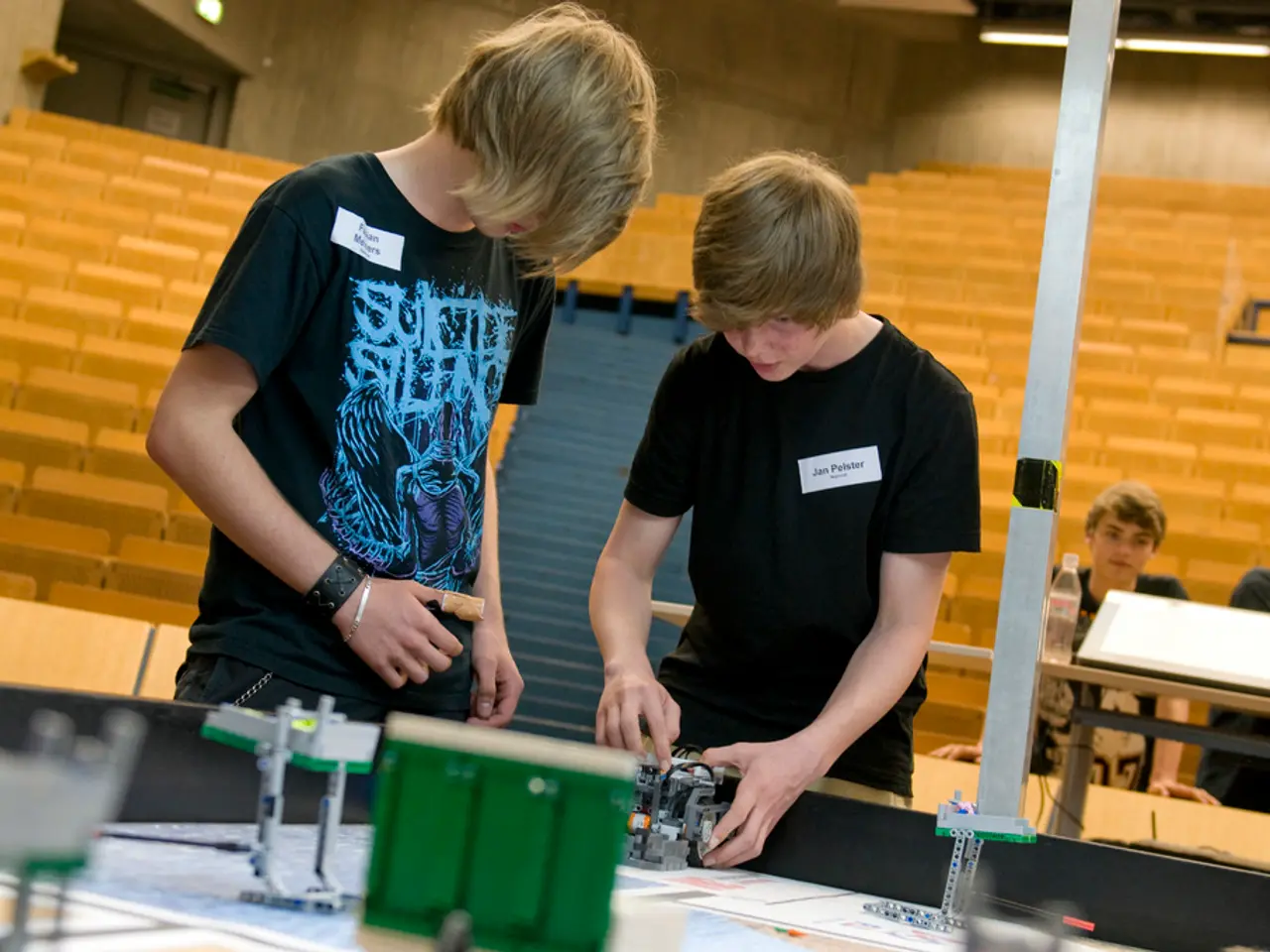Redefining research approach: Eco-friendly science for a cooler planet
The Leibniz Institute for Natural Product Research and Infection Biology (Leibniz-HKI) is embarking on a mission to make its scientific workflows more sustainable. Expert Patrick Penndorf has been enlisted to support this initiative, with the long-term goal of optimizing microbiological and infectious disease research processes to be resource-efficient and environmentally conscious without compromising scientific quality.
Patrick Penndorf, along with Leibniz-HKI scientists, is analysing individual experimental steps, providing tips for more sustainable work, and encouraging active knowledge sharing. This collaborative approach, coupled with structural measures like energy plans and team exchanges, is fostering a collective mindset change within the institute.
One of the key areas of the sustainability concept is reducing plastic waste, CO2 emissions, and energy consumption in the lab. By optimising work processes, up to 65% of plastic waste in the lab can be reduced. Revised protocols, such as reducing solvent amounts, can achieve this reduction without loss of quality.
Moreover, measures being implemented include installing ventilation systems with efficient heat recovery and using waste heat from server rooms. Where possible, deep-freeze temperatures were increased from -80°C to -70°C, saving energy.
A significant project direction announced by the Leibniz Institute focuses on sustainable biotechnological solutions to combat antibiotic resistance and promote biodiversity. The institute is also committed to reducing its carbon footprint, as demonstrated by the installation of a photovoltaic system on the HKI Biotech Center in 2022.
Axel Brakhage, director at the Leibniz-HKI, emphasises that sustainable and environmentally friendly research and work is both a process and a challenge. The institute is committed to playing its part and leading by example. In line with heritage protection, sustainable practices will also play a role in future building renovations, with a focus on reducing energy and CO2 emissions.
Furthermore, the Leibniz-HKI has established a flight compensation fund to offset necessary business travel. Funds reinvested in acquisitions that improve the institute's carbon footprint. Patrick Penndorf, in his role, aims to create long-term solutions that result in ecological, scientific, and economic benefits for labs.
In summary, the Leibniz-HKI is taking concrete steps towards a greener future, optimising its scientific processes for better data quality, more efficient workflows, and cost savings, all while maintaining its commitment to high-quality research.
Read also:
- Peptide YY (PYY): Exploring its Role in Appetite Suppression, Intestinal Health, and Cognitive Links
- Toddler Health: Rotavirus Signs, Origins, and Potential Complications
- Digestive issues and heart discomfort: Root causes and associated health conditions
- House Infernos: Deadly Hazards Surpassing the Flames








